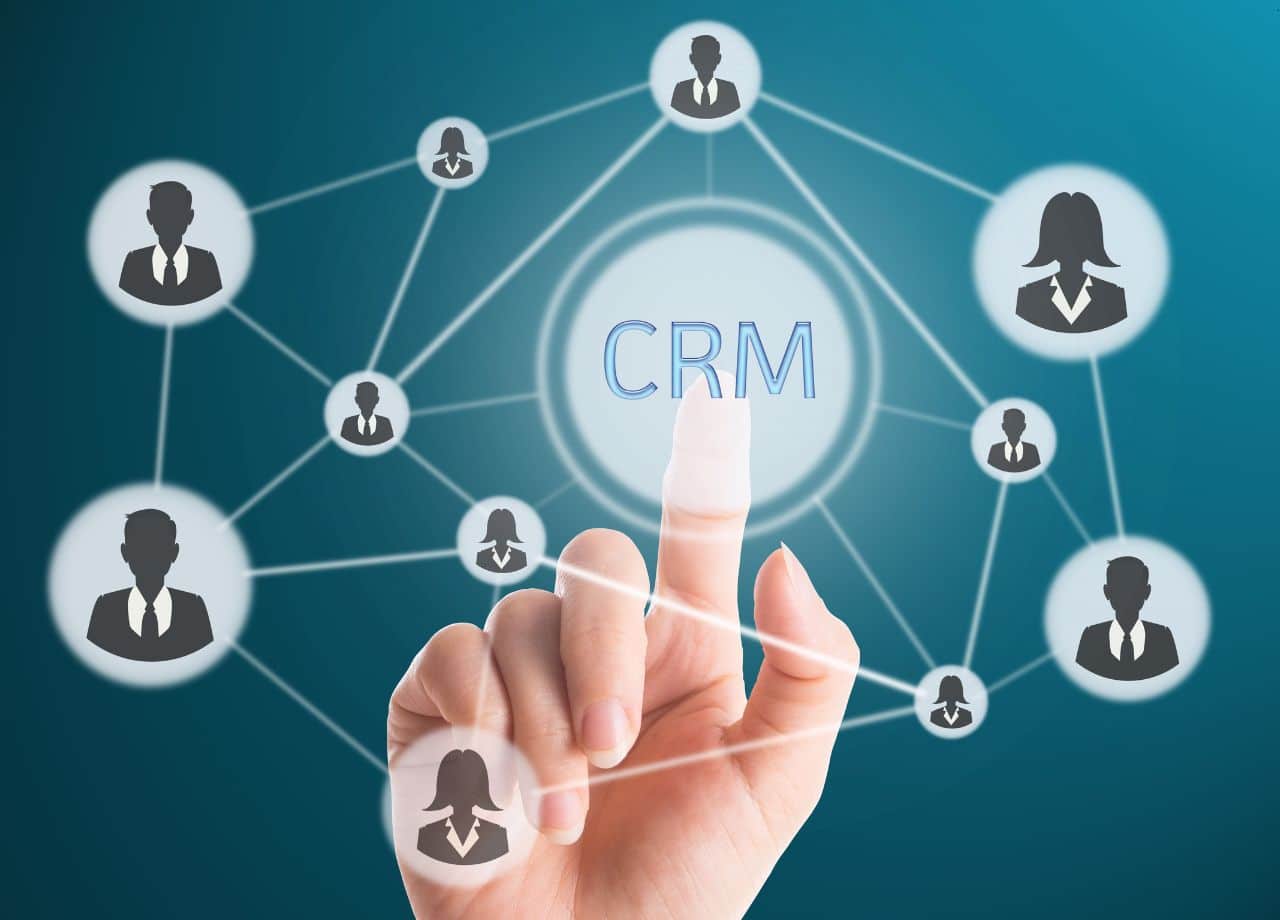Non-licensed property managers are the quiet force behind many successful apartment communities. While their work doesn’t involve signing leases or making legal decisions, their impact on daily operations is significant. This guide explores their role, responsibilities, and value in property management, offering a deeper appreciation of what they do and how they contribute to the overall resident experience.
What Does a Non-Licensed Property Manager Do?
Non-licensed property managers handle tasks that don’t require specialized licenses but are critical to the smooth functioning of residential properties. Their work varies depending on the property’s size, the management structure, and resident needs. Let’s break down some of their key responsibilities:
Daily Operations
Non-licensed managers oversee the practical aspects of keeping a property running efficiently. This includes scheduling maintenance, monitoring property conditions, and ensuring communal spaces are clean and safe. For instance, if the landscaping company doesn’t show up for a scheduled visit, they’re the ones who step in to find a solution.
Resident Relations
They are often the first point of contact for residents. When residents have concerns—whether it’s a noisy neighbor or a broken appliance—non-licensed managers act as a bridge, ensuring problems are addressed promptly and professionally.
Vendor Coordination
From pest control services to plumbing repairs, non-licensed property managers coordinate with vendors to ensure residents’ issues are resolved without delay. Their ability to maintain strong vendor relationships ensures smoother operations and fewer disruptions for everyone involved.
Record Keeping and Administration
Non-licensed managers also play a role in administrative tasks, such as maintaining logs of maintenance requests, tracking inventory for property supplies, or preparing reports for the licensed property manager or owner.
By covering these responsibilities, non-licensed managers ensure licensed property managers can focus on their legal and financial duties.
Why Non-Licensed Property Managers Matter
While licensed property managers focus on tasks that require specific training or legal oversight, non-licensed managers handle the many day-to-day challenges that make an apartment feel like home. Their role is about creating a safe, comfortable, and well-maintained living environment.
For example, if a resident complains about ants in their apartment, a non-licensed manager can take immediate action. They don’t need to navigate legal protocols or consult with attorneys. Instead, they can reach out to a pest control provider like Pest Share, ensuring the problem is handled swiftly. This level of responsiveness improves the resident experience and protects the property’s reputation.
Non-licensed managers also help reduce friction between residents and the management team. By addressing minor concerns before they escalate, they foster trust and goodwill, which translates into higher resident retention rates.
The Everyday Challenges They Face
Non-licensed property managers juggle many responsibilities, often in fast-paced and unpredictable environments. Here are some of the common challenges they encounter, along with how they can tackle them effectively:
Maintenance Issues
No property is immune to wear and tear. From leaky faucets to HVAC breakdowns, maintenance requests can quickly pile up, especially in older buildings. Non-licensed managers often face the challenge of prioritizing these tasks while managing limited resources.
Solution:
Implementing a system to track maintenance requests ensures issues are resolved in order of urgency. Digital tools like property management software can streamline this process.
Pest Control Problems
Pests can be a major source of frustration for residents. A single cockroach sighting can spark panic, and infestations that go unaddressed can lead to property damage.
Solution:
Partnering with a service like Pest Share simplifies pest control management. Residents report issues directly through an app or portal, reducing the burden on non-licensed managers while ensuring timely intervention.
Resident Conflicts
Disputes between neighbors or complaints about noise levels are common in apartment living. Non-licensed managers often act as mediators, balancing the need for fairness with the goal of maintaining harmony.
Solution:
Clear communication and active listening are crucial. Establishing community rules and encouraging open dialogue can prevent misunderstandings from escalating.
Time Management
With so many tasks to juggle, staying organized is a constant challenge. Non-licensed managers must manage their time effectively to avoid burnout and ensure nothing falls through the cracks.
Solution:
Prioritizing tasks and setting realistic goals for each day can help. Regular check-ins with the licensed property manager also ensure alignment on priorities.
Communication: The Foundation of Success
Strong communication skills are a must for non-licensed property managers. They interact with residents, vendors, and other team members daily, often serving as the face of the property management team.
For instance, when informing residents about a scheduled pest control visit, non-licensed managers must provide clear and timely updates. Ambiguity or delays can lead to frustration, but proactive communication reassures residents that their concerns are being taken seriously.
The Role of Pest Control in Property Management
Pest control is a recurring issue in many apartment settings, and non-licensed property managers are often the first to hear about it. From bed bugs to rodents, pests can disrupt residents’ lives and damage the property if not addressed promptly.
This is where partnerships with pest control services like Pest Share make a difference. By integrating pest control into the resident benefits package, properties can:
Reduce Stress for Residents:
No one wants to pay out-of-pocket for pest control. With Pest Share, residents know the service is already included, making them more likely to report issues early.
Simplify the Process:
Residents can report pest problems directly through a simple app or portal. Pest Share then connects them with vetted local providers, eliminating the need for non-licensed managers to act as middlemen.
Ensure Fast Resolutions:
Timely pest control prevents small issues from turning into larger infestations.
By leveraging services like Pest Share, non-licensed managers can focus on their other responsibilities without neglecting this critical aspect of property management.
Tips for Excelling as a Non-Licensed Property Manager
The role of a non-licensed property manager is demanding, but there are ways to succeed while making the job more manageable. Here are some practical tips:
Stay Organized
Invest in tools that help with task management, whether it’s a digital app or a simple calendar. Knowing what needs to be done—and when—reduces stress and improves efficiency.
Build Relationships with Vendors
Having trusted vendors for common issues like plumbing, electrical work, and pest control makes problem-solving faster and easier. Building a good rapport ensures you can rely on them when emergencies arise.
Prioritize Communication
Be clear and consistent when interacting with residents. Whether you’re explaining a policy or updating them on a repair timeline, good communication fosters trust and reduces misunderstandings.
Emphasize Teamwork
Non-licensed property managers don’t work in isolation. Collaborating with licensed managers and other team members ensures everyone is on the same page and working toward common goals.
Why Their Role Deserves Recognition
It’s easy to overlook the contributions of non-licensed property managers because their work often happens behind the scenes. However, their efforts directly impact the resident experience and the property’s overall success.
Imagine an apartment community without a dedicated non-licensed manager. Maintenance issues would pile up, residents would feel neglected, and minor problems like pests could spiral into major infestations. By addressing these concerns proactively, non-licensed managers help create a living environment that residents are proud to call home.
Their work also contributes to the financial health of the property. Happier residents are more likely to renew their leases, reducing turnover and vacancy rates. This, in turn, boosts the property’s net operating income (NOI), making it a win-win for residents, managers, and owners alike.
Partnering with Services Like Pest Share
One of the smartest moves property management teams can make is integrating services that simplify daily operations. Pest Share is a prime example of a service that benefits non-licensed managers by taking pest control management off their plate.
With Pest Share, non-licensed managers can:
Spend less time coordinating pest control services.
Ensure residents receive fast and reliable pest treatments.
Focus on other tasks that improve the resident experience.
This partnership not only enhances efficiency but also adds value to the property’s amenities package, making it more attractive to potential residents.
Non-licensed property managers play an essential role in creating well-maintained and welcoming apartment communities. Their ability to handle day-to-day challenges with professionalism and care ensures residents feel valued and comfortable.
By staying organized, fostering strong relationships, and leveraging tools like Pest Share, they can excel in their roles while making life easier for residents and licensed managers alike. Their contributions may not always be in the spotlight, but they’re the backbone of successful property management.







